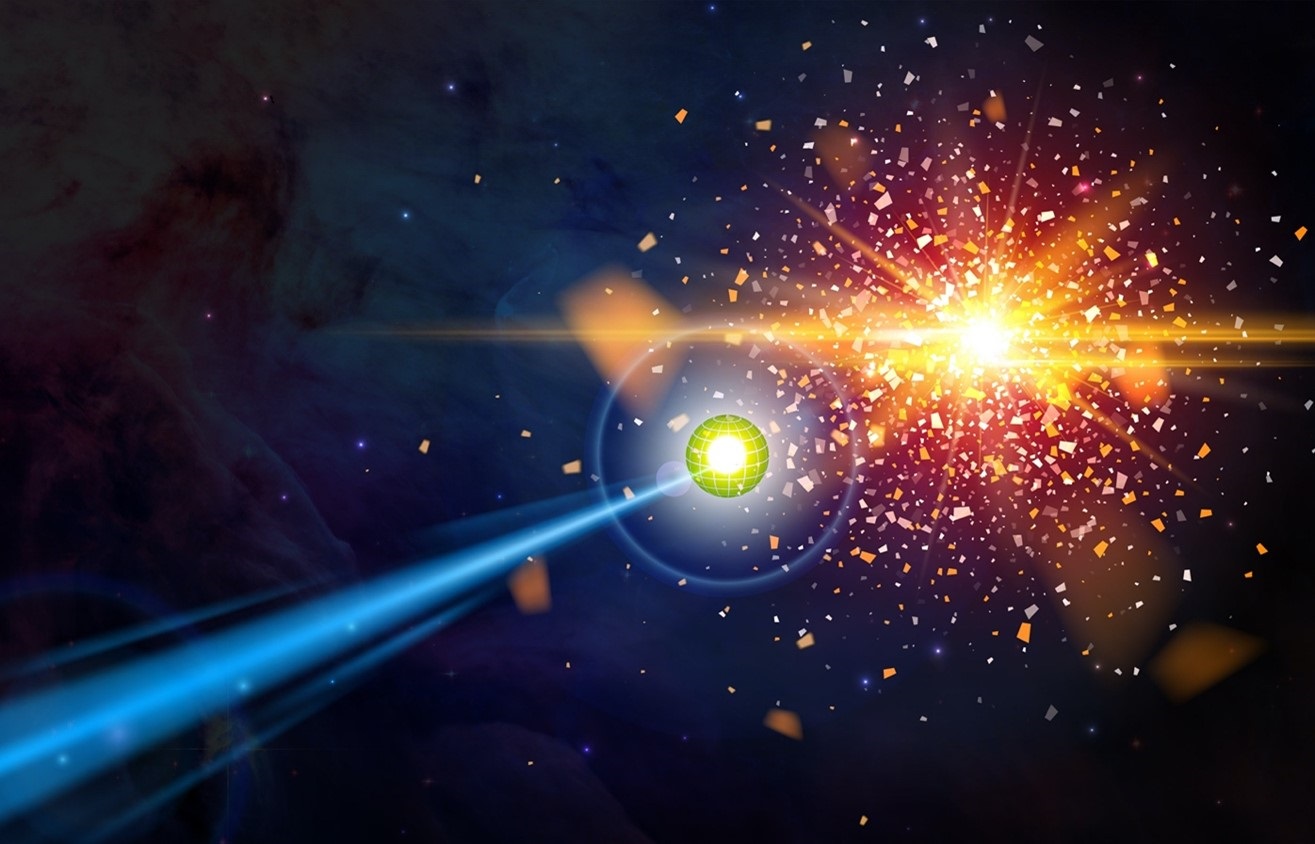
Glancing into a Nuclear Mirror: the Fate of Aluminum-26 in Stars
Scientists explore the origin of Aluminum-26 in stars with a nuclear reaction that exploits the fact that neutrons and protons are stunningly similar.

Scientists explore the origin of Aluminum-26 in stars with a nuclear reaction that exploits the fact that neutrons and protons are stunningly similar.
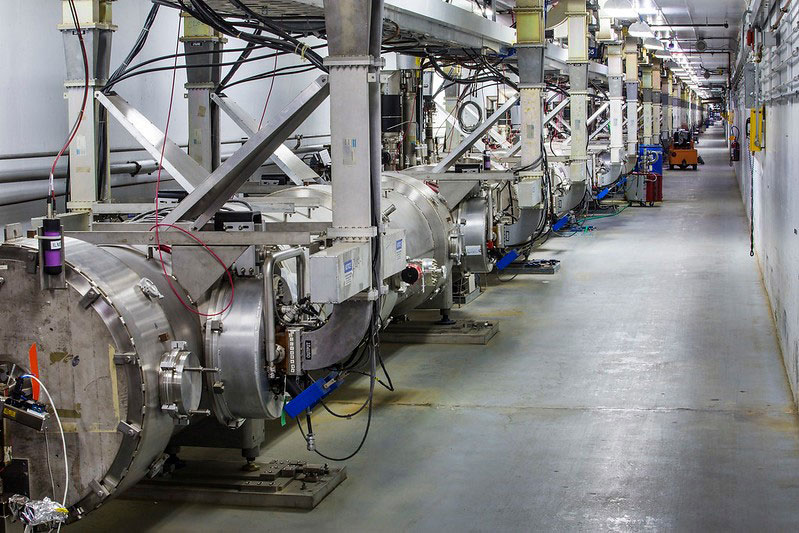
A new machine learning system diagnoses particle accelerator component issues in real-time.
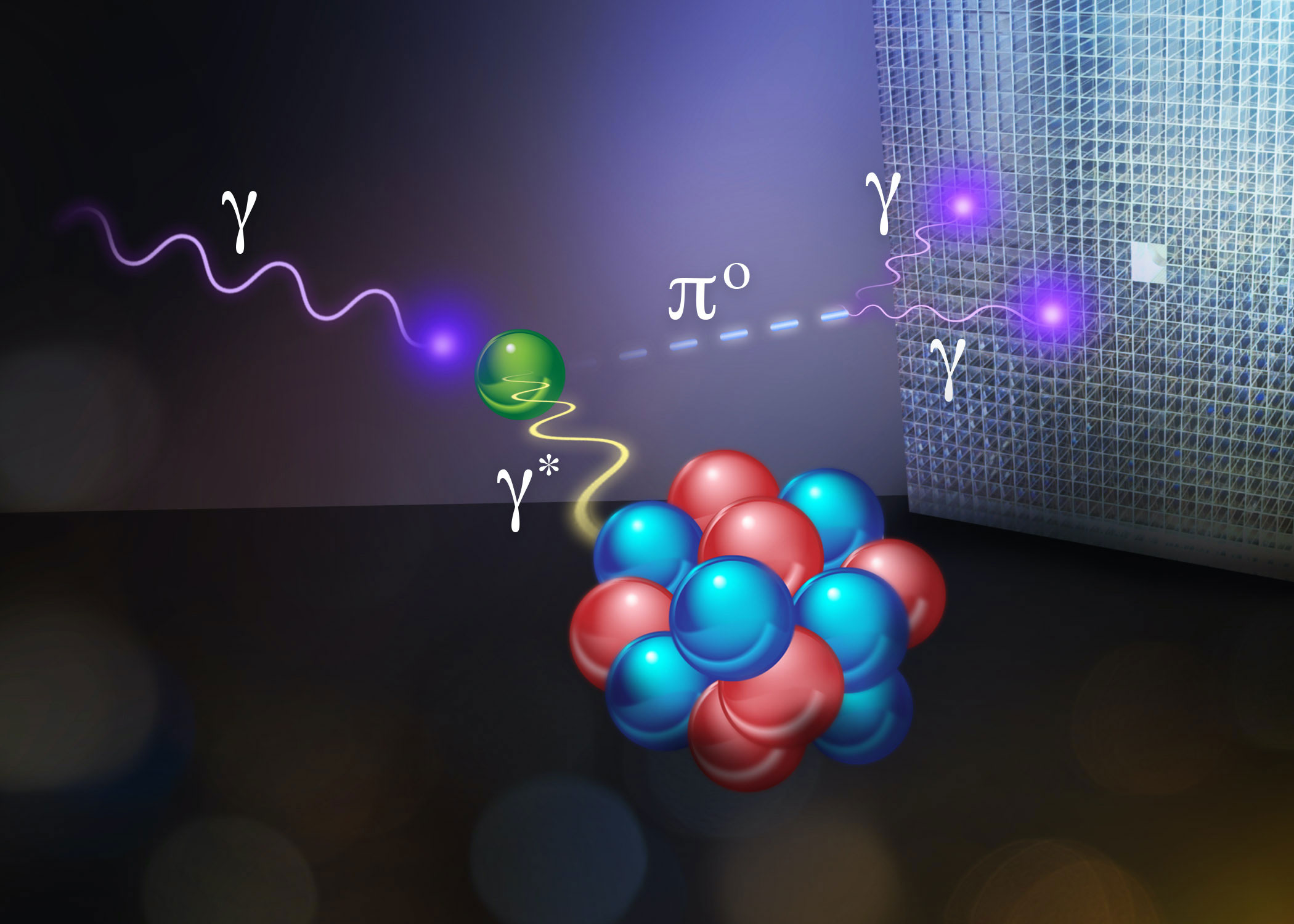
A result 20 years in the making: Most precise measurement yet of the lifetime of the charge-neutral pion that keeps protons and neutrons together.
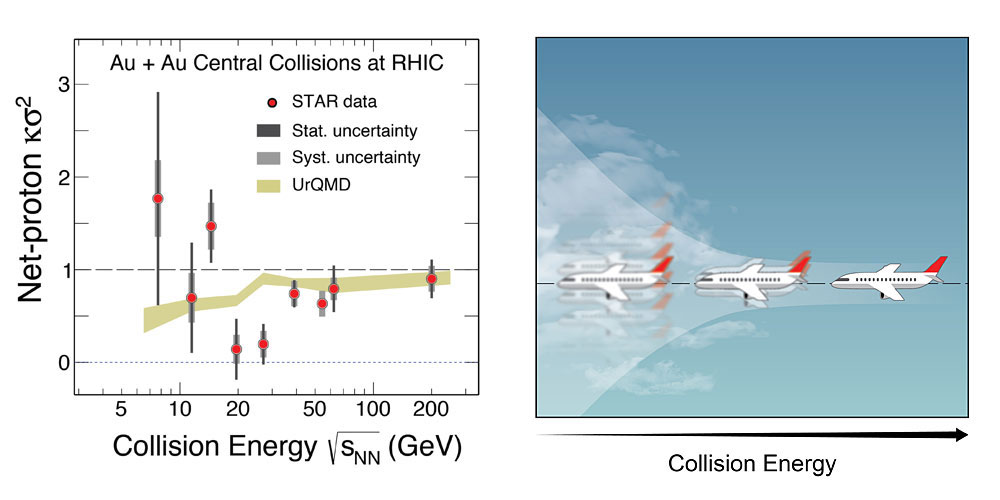
Fluctuations in data from collisions of gold nuclei hint at a possible ‘critical point’ in how nuclei melt.
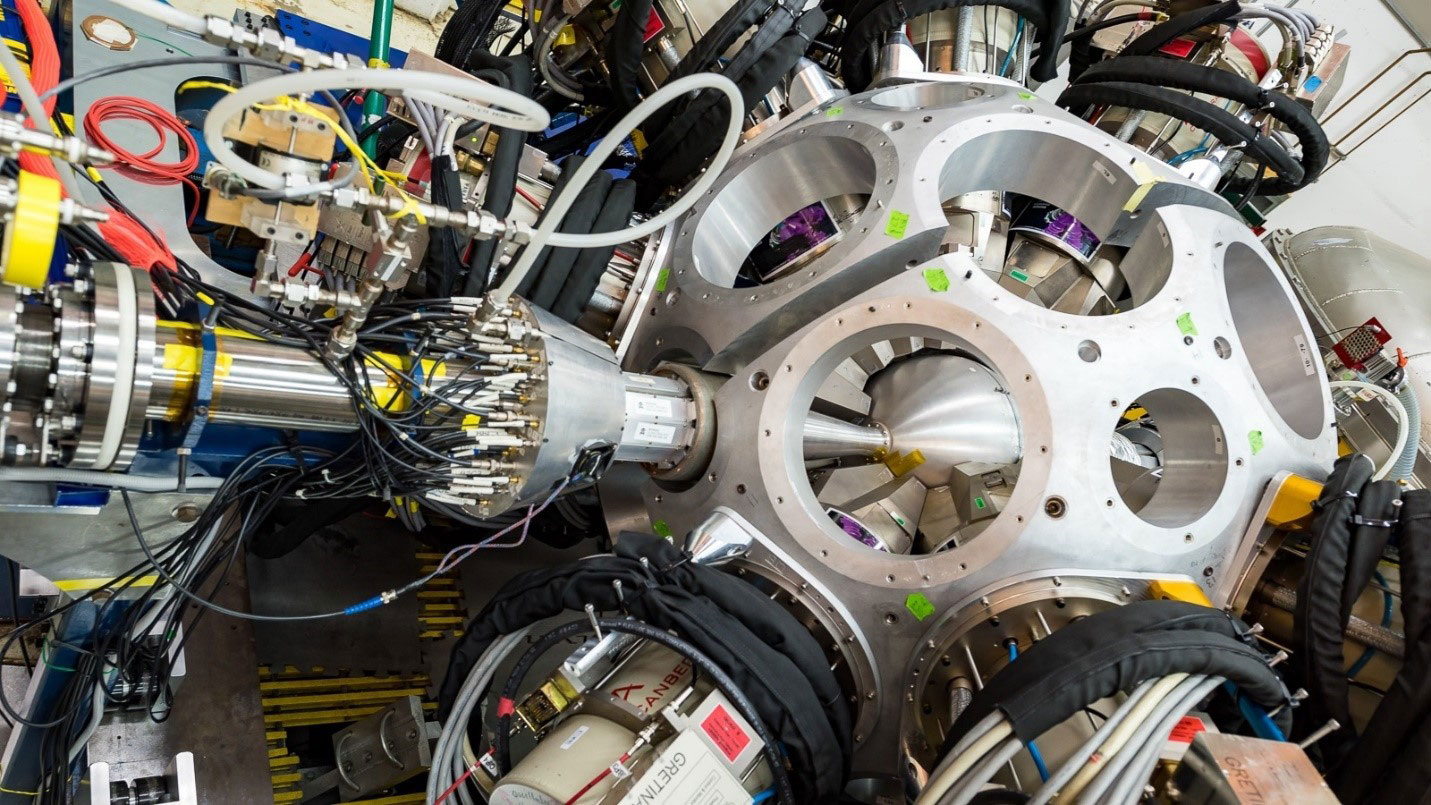
The types of ancient stellar explosions that gave rise to meteoric presolar grains can now be identified thanks to observations of gamma rays emitted by the argon-34 isotope
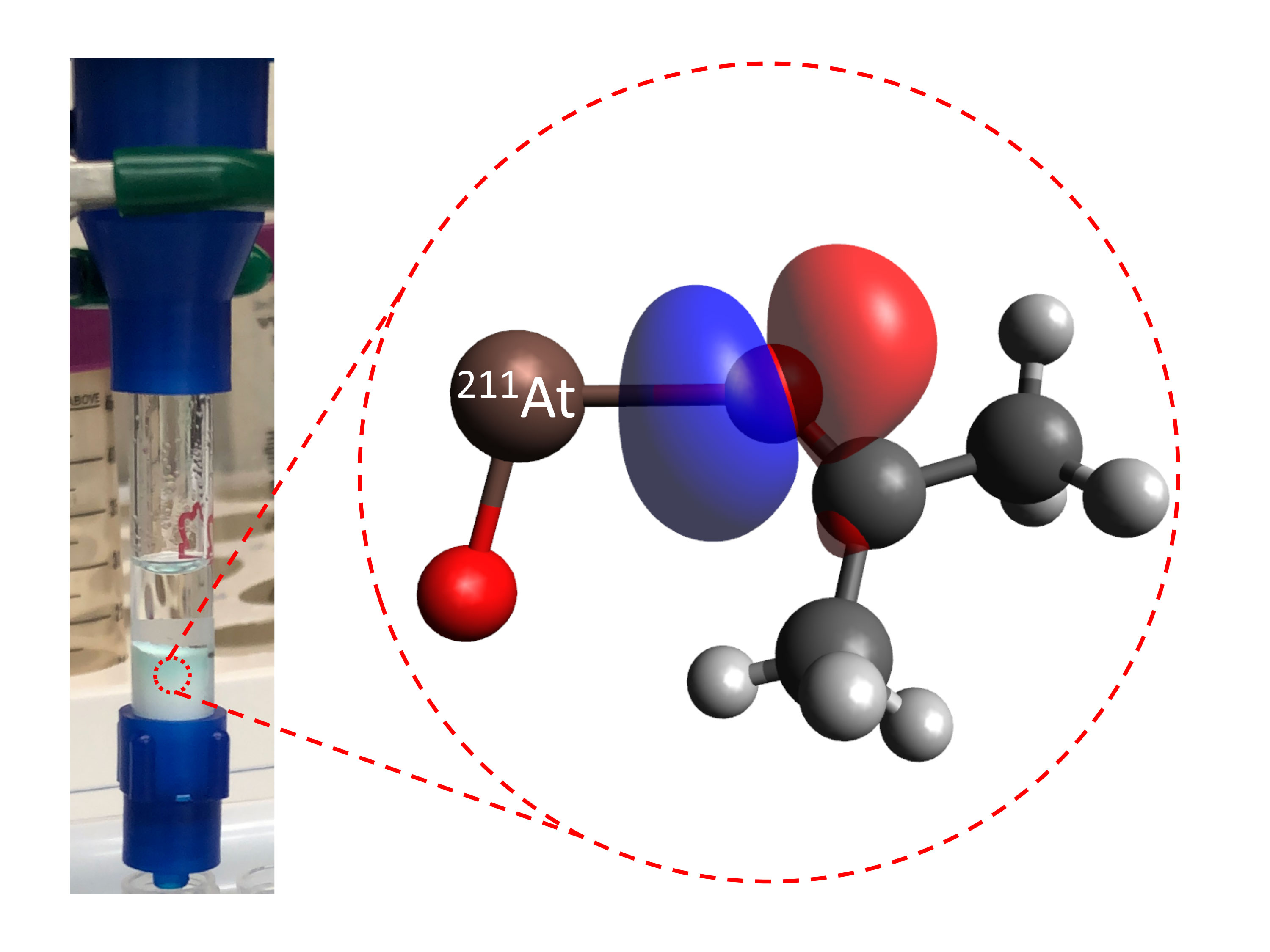
A high-speed, high-yield recovery approach for At-211 means improved availability of this cancer-treating isotope.
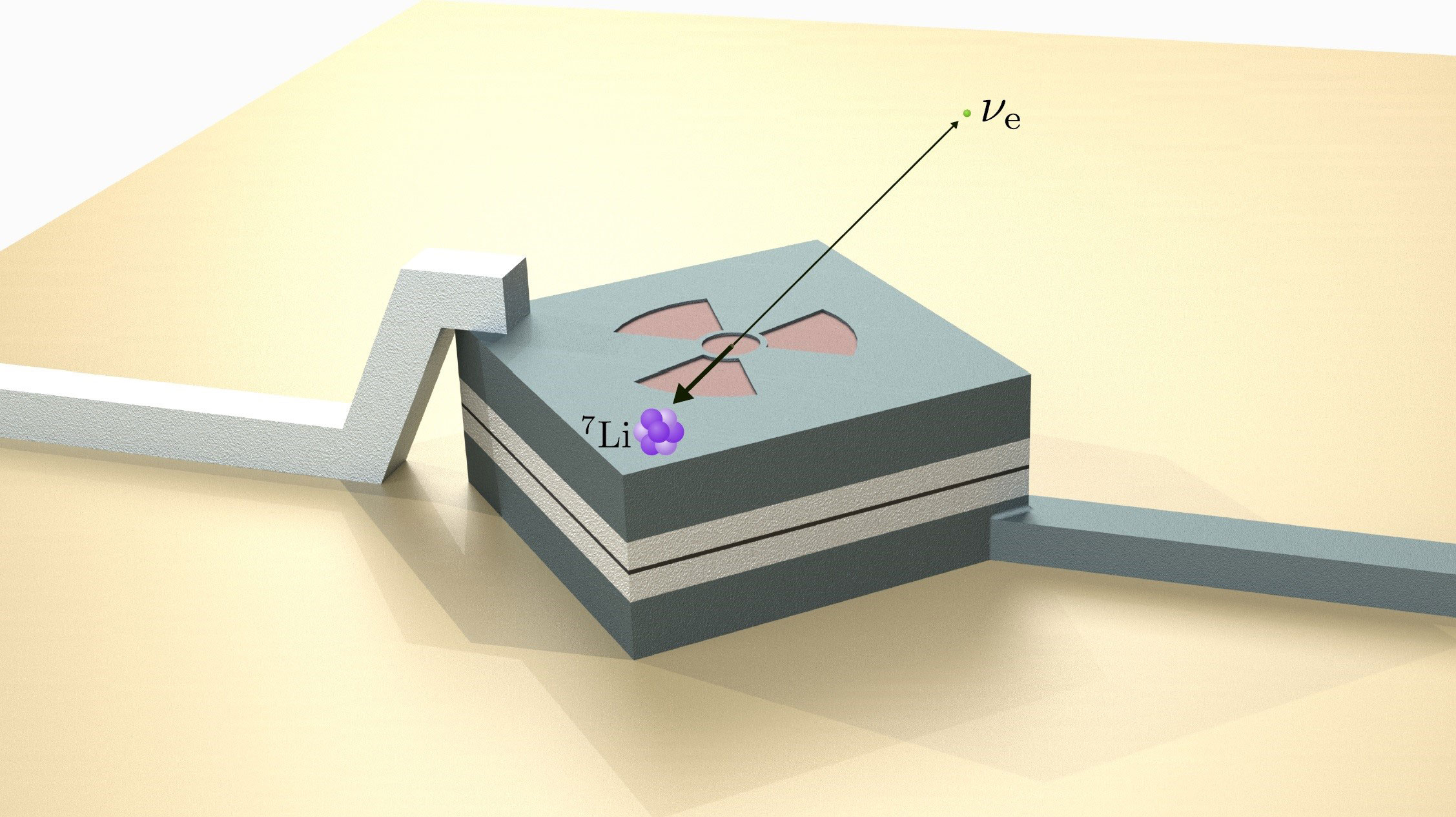
A new approach for measuring nuclear recoils in superconducting quantum sensors enables the first limits on sterile neutrinos from beryllium-7 decay.
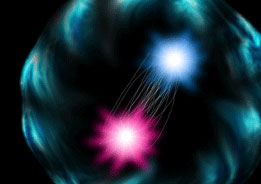
Nuclear theorists put pen to paper and code to computer to detail this subatomic particle’s inner structure.
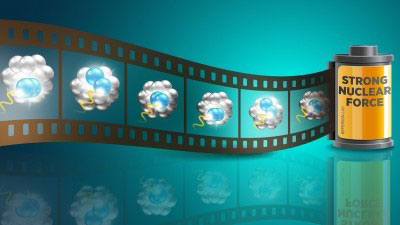
Scientists conduct the first direct probes of the interactions between protons and neutrons inside nuclei.
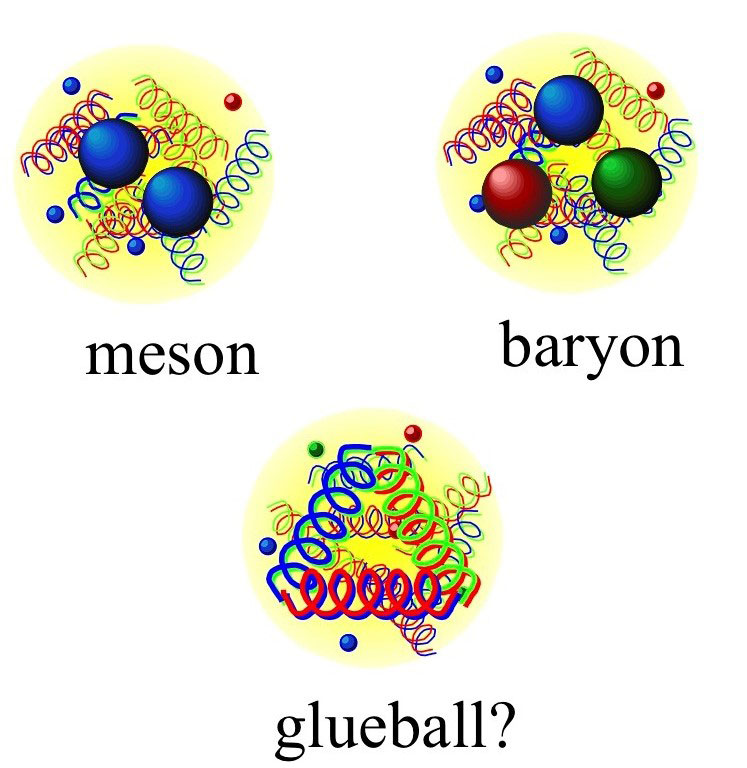
Scientists predict that gluons, the particles that bind quarks, also bind to one another, but they have never unambiguously observed globs of pure ‘glue.’
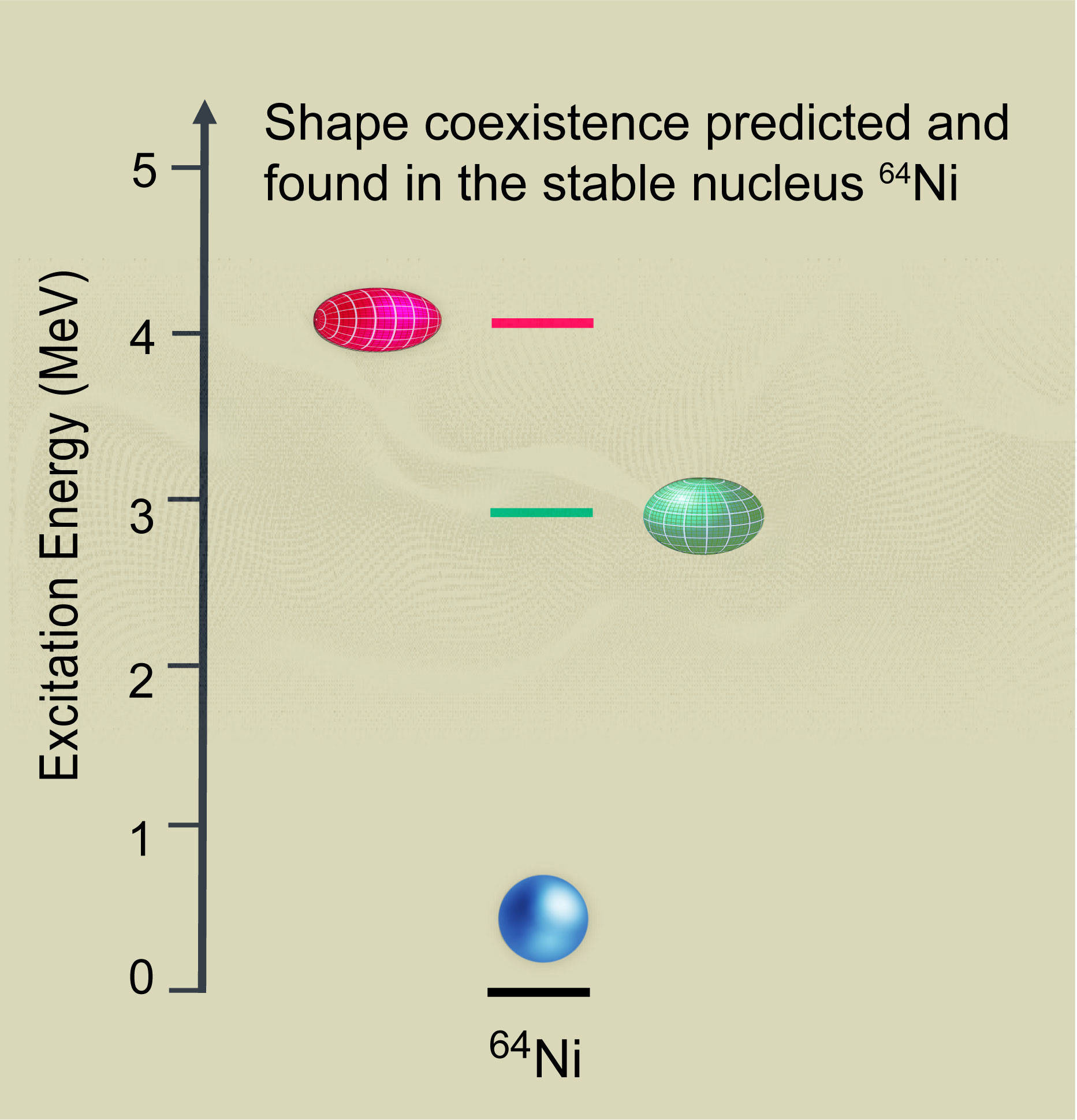
Scientists track down coexistence of multiple shapes in the Nickel-64 nucleus: a spherical ground state and elongated and flattened shapes.
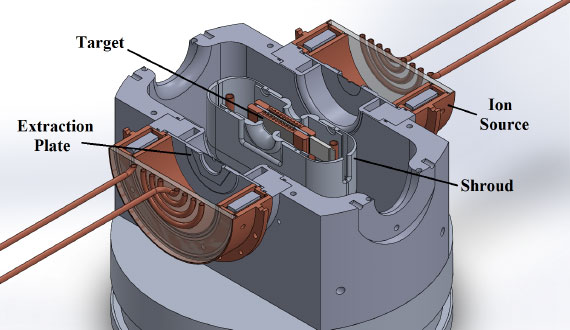
New measurements provide insights for geochronology and reactor design.